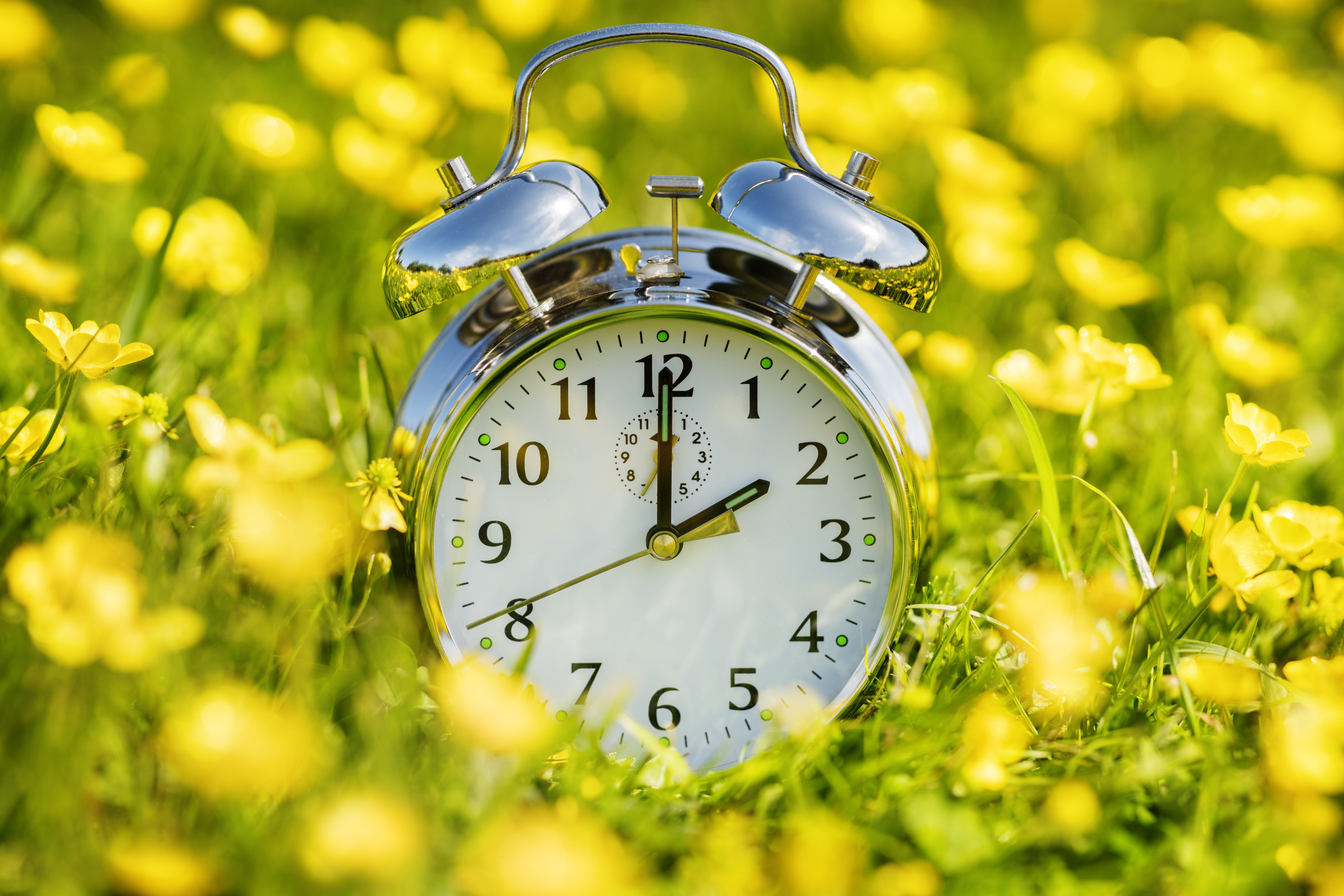
The poppy flower has long been associated with veterans and their service, but what does it symbolize and why?
The flower is commonly used on both Veterans Day and Memorial Day as a symbol to commemorate those who have served and those who sacrificed their lives in service. The tradition spans not the U.S., but several countries around the world.
The flower became widely used starting in World War I thanks to a 1915 poem written by Canadian soldier Major John McCrae, "who saw firsthand from the front lines of World War I the emergence of red poppies around the graves and in the battle zones where blood was shed to protect freedom and democracy," according to the American Legion.
In the poem, McCrae described how "the poppies blow, between the crosses, row on row."
American Moina Michael wrote a poem of her own, inspired by McCrae's words, called "We Shall Keep the Faith,” which used the poppy as a symbol of the sacrifice of the soldiers. She went on to sell poppy flower corsages while raising money for veterans and their families, the government of Arlington. She even read McCrae's poem just two days before the Armistice, when fighting between the Allied countries and Germany ended on the 11th hour of the 11th day of the 11th month, according to the History Channel. The day, said to be the end of “the war to end all wars," gave way to what is now known as Veterans Day in the U.S.
The American Legion adopted the poppy as its official flower in 1920, and began a poppy distribution program in 1924.
Just before Memorial Day in 1922, the VFW held its first poppy distribution, "becoming the first veterans' organization to organize a nationwide distribution." Soon after, the flower was "adopted as the official memorial flower of the Veterans of Foreign Wars of the United States."
Local
To this day, the poppy is worn in remembrance and used to raise funds for numerous veterans organizations. Numerous countries around the globe continue to use the poppy as a symbol, particularly on Veterans Day, also known as Armistice Day or Remembrance Day.
Feeling out of the loop? We'll catch you up on the Chicago news you need to know. Sign up for the weekly> Chicago Catch-Up newsletter.



